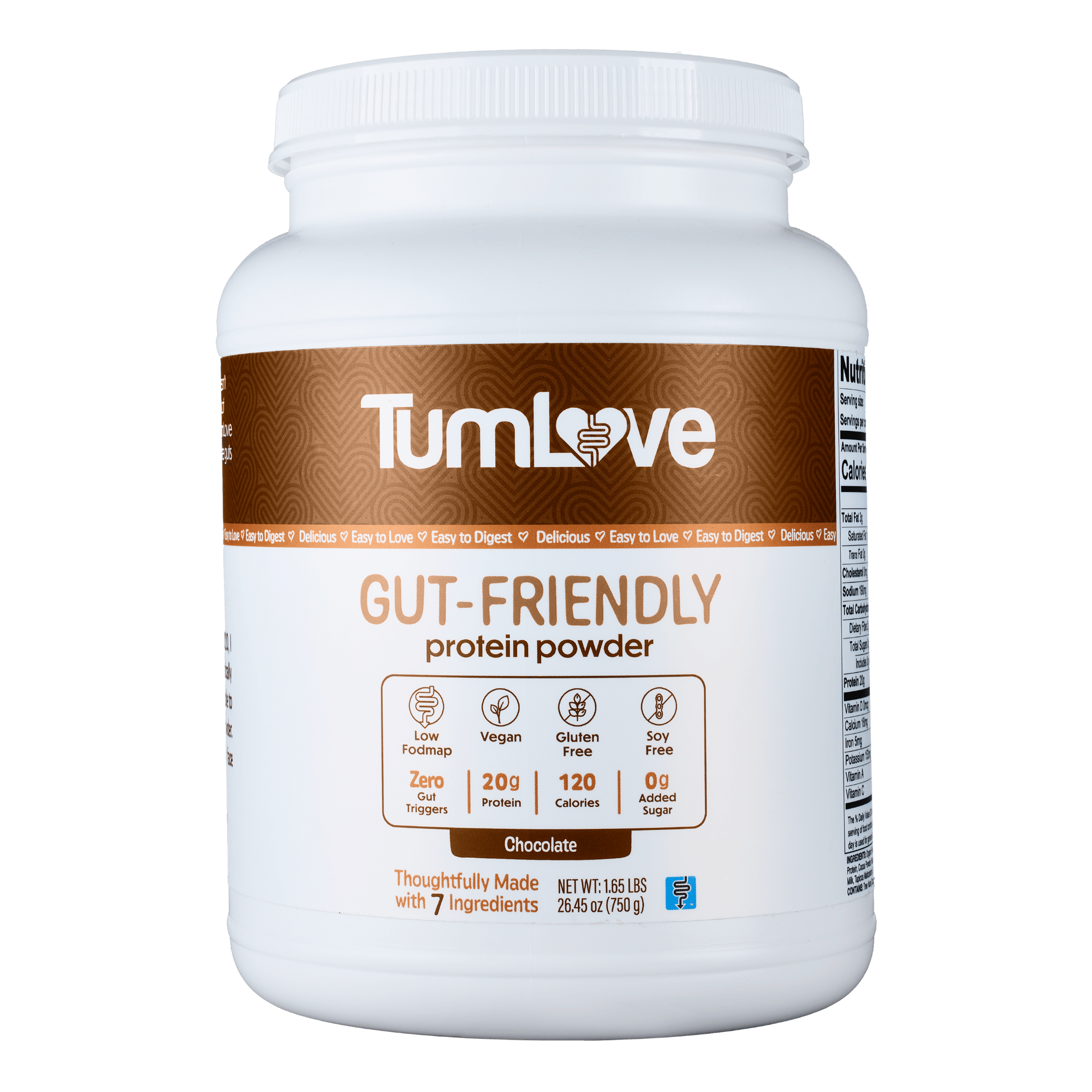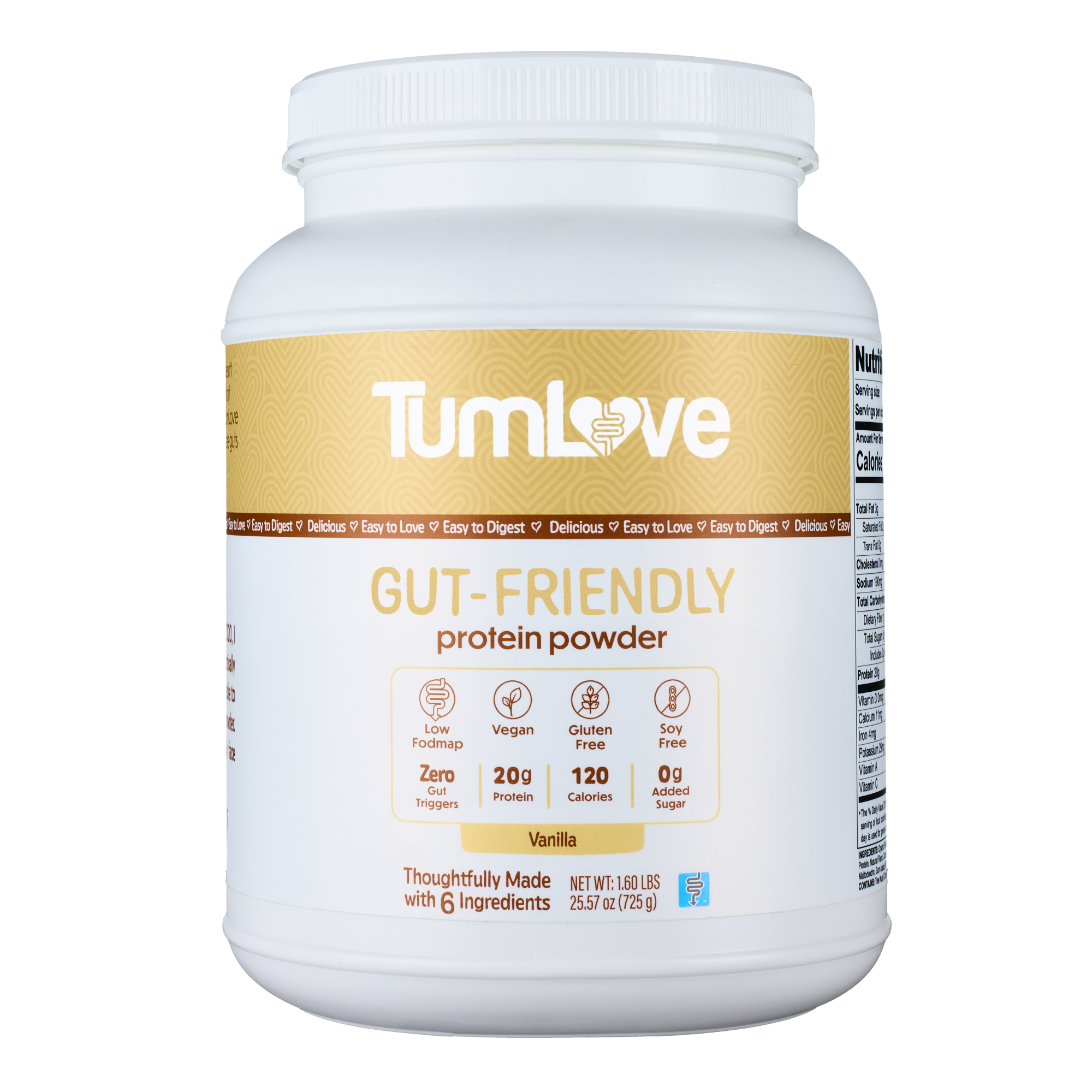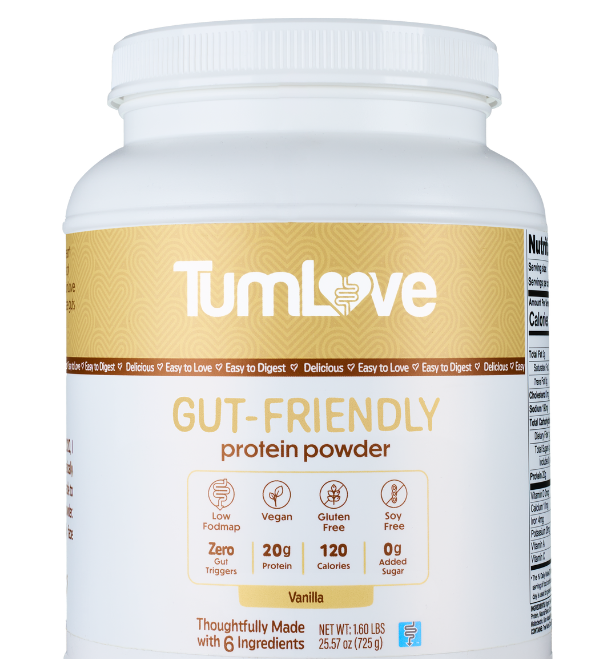Are post-meal pains causing you distress? Say goodbye to discomfort and embrace a better digestive experience with TumLove's gut-friendly products. As a leading provider of vegan and low FODMAP protein powder, we take pride in offering you a guilt-free treat that nourishes your body and delights your taste buds.
★★★★★
"Now I can do what I love while feeling great!"
- Lileia S.
Have you ever wondered, "Why does my stomach hurt after I eat?" It's not just you; many people experience post-meal discomfort. This discomfort can range from a slight ache to severe pain and can put a damper on the joy of a good meal.
Understanding the Types of Stomach Pain
Sharp Stomach Pain After Eating
If you experience a sharp, stabbing pain in your stomach after eating, this could be a sign of several conditions, including gallstones or peptic ulcers. This type of pain usually comes on suddenly and is typically concentrated in one area of your stomach.
Cramping or Burning Stomach Pain After Eating
Cramping or burning stomach pain is often associated with gas, indigestion, or acid reflux. These conditions can be caused or exacerbated by certain foods, such as those high in fat or spice.
Chronic Stomach Pain After Eating
If you consistently experience stomach pain after eating, this could indicate a chronic condition such as gastritis or GERD. In these cases, the pain is often accompanied by other symptoms, such as heartburn or acid reflux.
When to Seek Medical Help
Persistent Pain
If your stomach pain after eating is persistent or worsening, it's essential to consult a healthcare provider. Persistent pain could indicate a more serious condition that needs medical attention.
Severe Pain
Severe or sharp pain that occurs suddenly could indicate a serious problem, such as gallstones or a gastric ulcer. If your pain is severe and you're unable to find relief, seek medical help immediately.
Accompanied Symptoms
If your stomach pain after eating is accompanied by other concerning symptoms, such as fever, vomiting, unexplained weight loss, or blood in stool or vomit, you should seek medical help. These symptoms could be signs of a more serious condition.
How to Soothe Stomach Pain After Eating

Eat Smaller, More Frequent Meals
Instead of eating three large meals a day, try eating smaller, more frequent meals. This can help prevent overeating and reduce strain on your digestive system.
Avoid Trigger Foods
If certain foods seem to cause your stomach pain, try to avoid them. Common trigger foods include spicy foods, fatty foods, and certain beverages like coffee and alcohol.
Try an Over-the-Counter Antacid
If your stomach pain is due to acid reflux or indigestion, an over-the-counter antacid may provide temporary relief.
Consider Your Eating Habits
Eating quickly or while stressed can lead to indigestion and stomach pain. Try to eat your meals in a calm, relaxed setting and take the time to chew your food thoroughly.
Conclusion
Experiencing stomach pain after eating can be uncomfortable and disruptive. By understanding the potential causes of this pain and taking steps to soothe and prevent it, you can help ensure that mealtimes remain a pleasure rather than a pain. Remember, if your stomach pain is persistent, severe, or accompanied by other concerning symptoms, seek medical help.
At Tumlove, we care about your digestive health. We offer a gut-friendly, low FODMAP protein powder that's vegan and delicious, perfect for those dealing with sensitive stomachs. With our protein powder, you can enjoy every sip without worrying about triggering your stomach pain.
Shop Now





